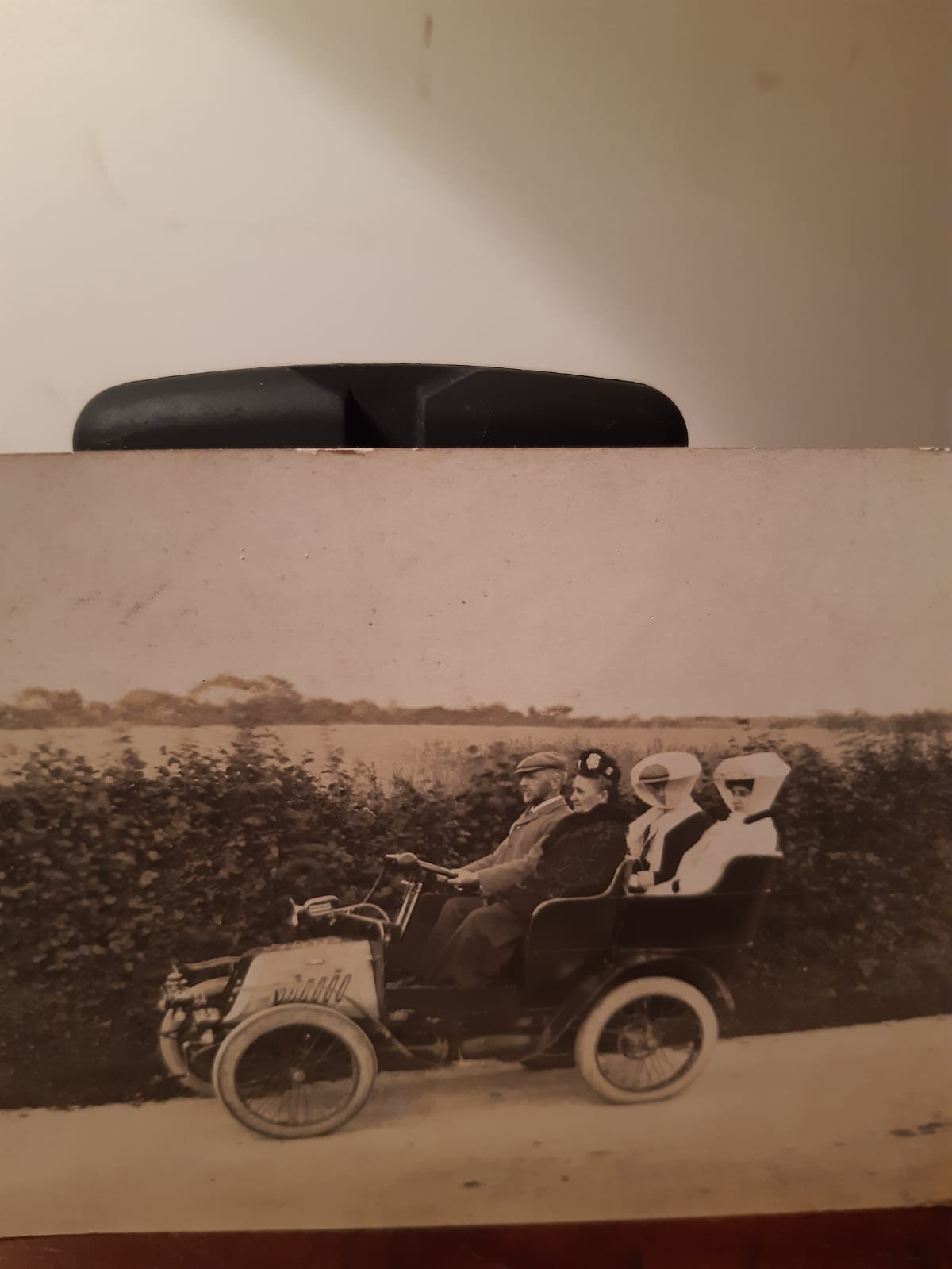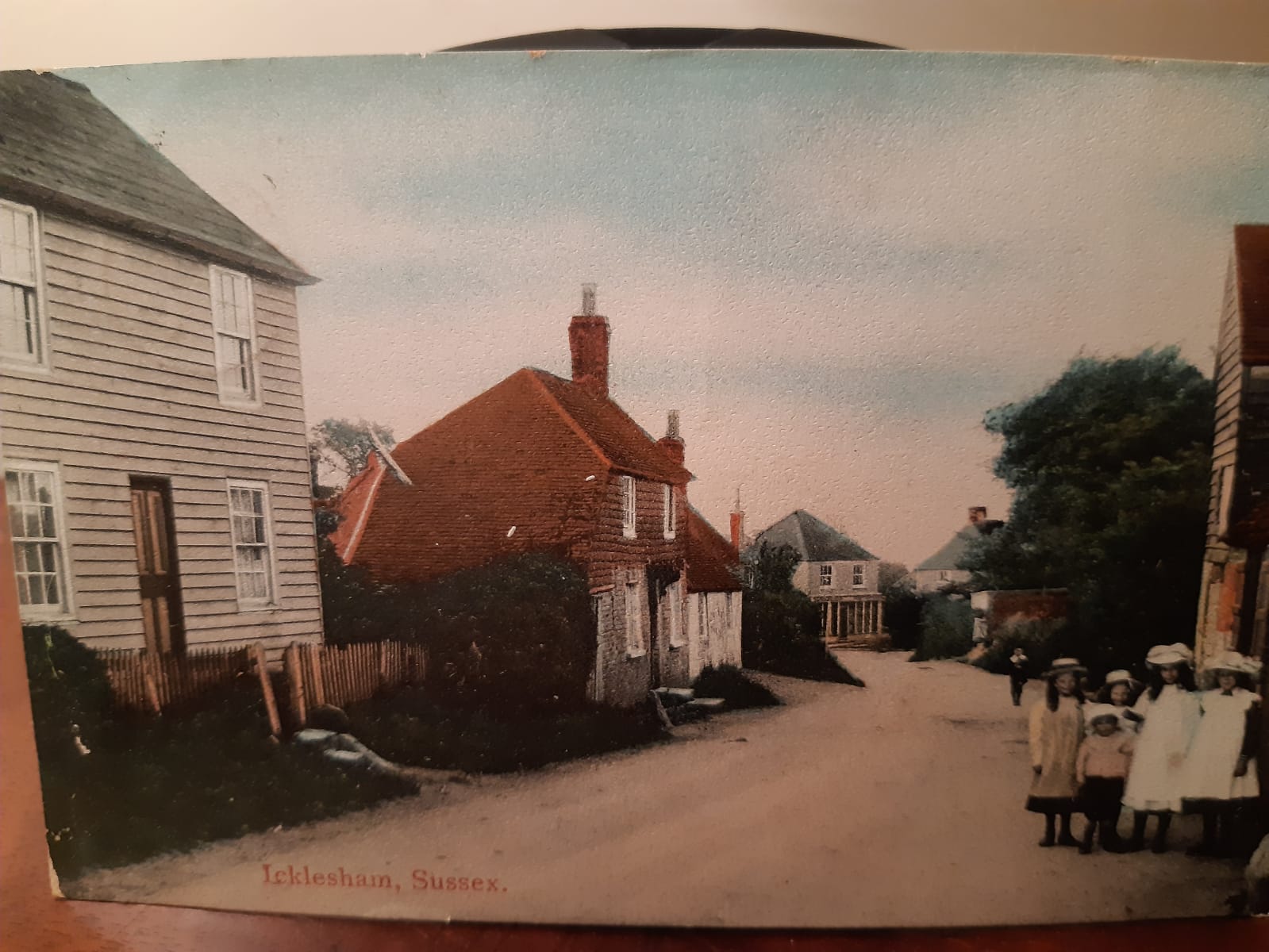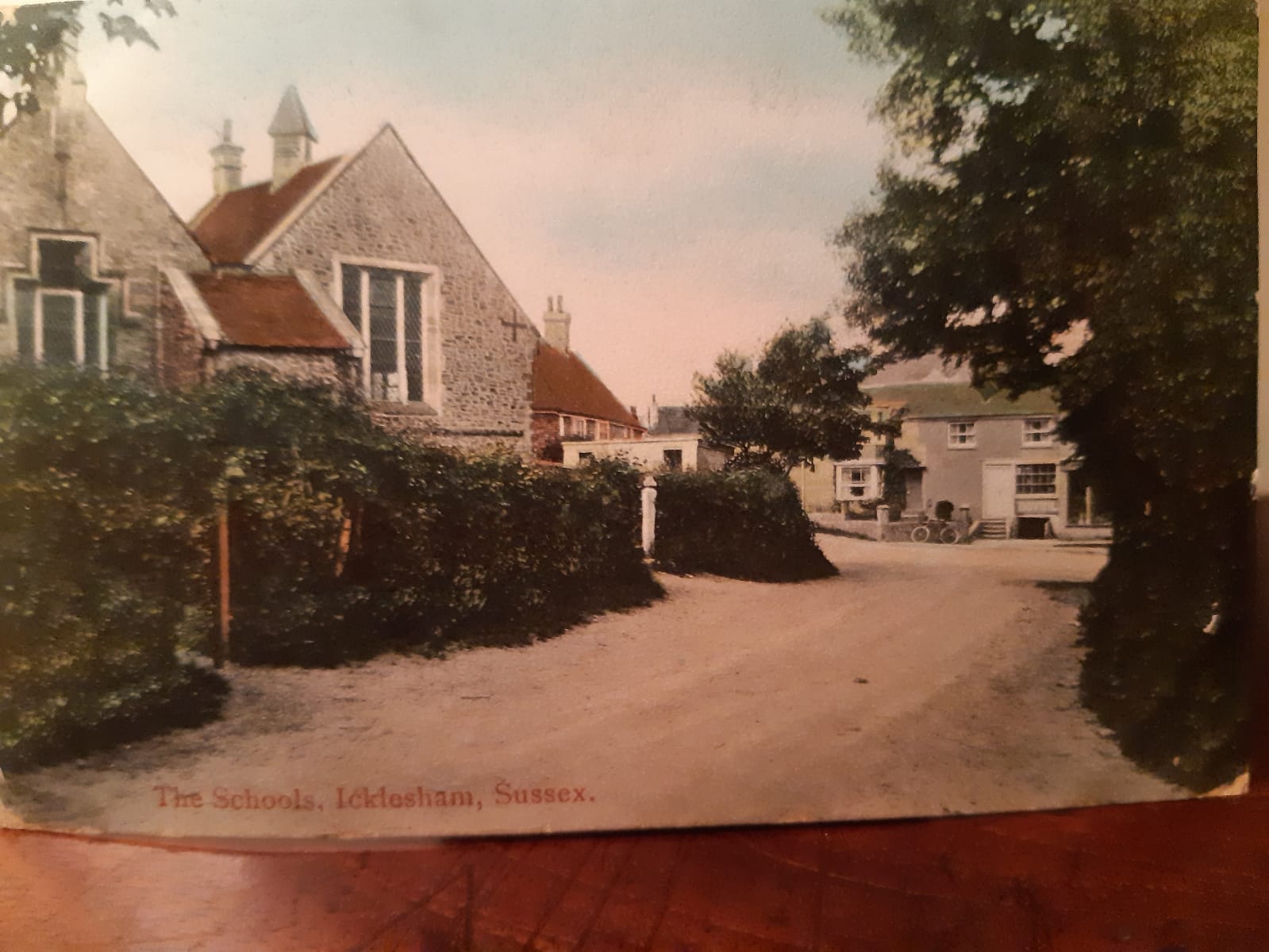With the kind permission of David Mayne of Icklesham Casuals, here is a link to a fascinating article on the history of the club which has connections with ROSA from the foundation of both organisations. William Dunlop, founder of ROSA, was also a founder member of the club in 1937 and its first Secretary. The article – Casual Quarters – was written by David Bauckham for his website, Centre Circle Publishing.
The article contains details of the founding of the club and its subsequent history, along with many photographs featuring familiar names and faces.
You can find the article here https://dbauckham.exposure.co/casual-quarters
Chris Williams recalls his time with Icklesham Casuals Thirds
Casuals jottings from a Thirds man
The marvellous narrative of the history of Icklesham Casuals (see above) triggered my own memories of over half a century ago. Between spring 1966 and autumn 1968 I played for nearly three seasons in those green and white shirts and, yes, we were often watched by Will Dunlop in that unique coat. These notes are of life in the Thirds, a team with football, fresh air and fun at its heart, and trophies an aspiration for others.
It was Tim Rothwell who first invited me to get involved. “Invited” is perhaps the wrong word. The Thirds needed a goalkeeper for the Saturday home fixture, and was I doing anything? The opponents might have been Beckley, and perhaps only had eight players. We won 11-0. As goalie I might have touched the ball half a dozen times, perhaps because it escaped down the slope towards me. The following week I played again, this time in outfield, perhaps at Biddenden. I might even have scored but overall things didn’t go well. We lost 16-1.
In modern parlance, becoming an Icklesham Casual was a steep learning curve. As a teenager used to the cosseted conditions of age group sport – U14, U15, U16 etc. – and strict, unchallenged refereeing from a teacher who would meet you in the school corridors later, the amateur league was a revelation. The age range was extreme – boys barely out of short trousers, their fathers and perhaps their grandfathers, brought in to make up the numbers when the Firsts and Seconds had denuded our team of the better players at the last minute on a Saturday lunchtime. Working men, rough youths, blokes alternating sweet smiles and evil grins, and wearing very heavily studded boots. The referees were enthusiasts but occasionally 50 yards from the ball. If there were linesmen, they were usually the driver or the groundsman. And there was mud, lots of glorious mud unless the match was being played on flint-shrewn, chalky grazing land.
Life with Icklesham Casuals certainly had its moments. Saturdays developed a regular pattern. There would often be a morning school 2nd XI match, perhaps 35 minutes each way, a quick sandwich lunch at home and then in a different kit down to a pickup point near the station. The transport was distinctive, Bert Glazier’s crew van, as used for farm duties and taking Casuals Third team players to matches. The interior fittings varied. Benches on a good day, straw bales on occasion and at least once blankets used in lambing that week. Such arrangements really made for a unique team spirit.
Team-building happened in other ways. Hanging the goal nets, putting up the corner posts and moving sheep off the pitch featured in the routines. Changing facilities included the back of the van, proper pavilions in some places, storage sheds usually cleared of the livestock and even “The Plough” at Udimore where clothing was shrewn around the public bar and the opening times seemed to fit neatly around the match. I acquired a taste for bitter in dimpled pint-pots in those years before the invasion of lager and wine in smooth glasses.
There were other bonuses. Every football club had access to tickets for the FA Cup final. In 1967 the crew bus took us to the old Wembley stadium with 100,000 mostly standing spectators. We were somewhere behind one of the goals, scarcely able to see any action on the pitch with no large screens or mobile phones to provide information. Apparently Spurs beat Chelsea 2-1 in the first all London final and we arrived home in the small hours. Looking at an account on Wikipedia it is interesting to note that the year after the World Cup win of 1966, 14 of the players were English, six Scots, one Irish and one Welsh, the wonderfully named Mike England!
My personal highlight was the Hastings League annual dinner and awards ceremony in the White Rock Pavilion, possibly in the summer of 1968, my first ever such event. The Thirds had actually won the Sportsmanship Cup, perhaps because we had the smallest number of bookings if such things existed half a century ago – there were certainly no yellow cards in those days – or perhaps because we endured almost constant defeats with such gallantry and tolerance. And the highest point of all for me was that shift patterns meant that the normal Third XI captain couldn’t attend the celebration, and I was asked to collect the trophy on behalf of Icklesham Casuals IIIs. A proud moment So, yes, the Thirds did win a cup after all! And if anyone has a photo to prove this happened, I would be overjoyed to see it.
Robert (Bob) Dennis – RGS 1957-61 – has found some interesting old photos of Icklesham, including some of his family.
Bob adds ‘Thanks for the story about Icklesham Casuals and their ground below the Mill. My great grandfather Edward Jennings lived at the Mill in the early 1900’s and I have a picture taken outside the Mill of him with his wife and two daughters sitting in his car. Apparently according to family history he was one of the first people in the south of England to own a car !’
Here they are.

Edward Jennings, Cicily Jennings in front. With Lottie Jennings and Fanny Jennings (Bob’s grandmother) near Icklesham Mill ready for a day out to Dungeness!


Icklesham – near the Bell

Icklesham Schools
